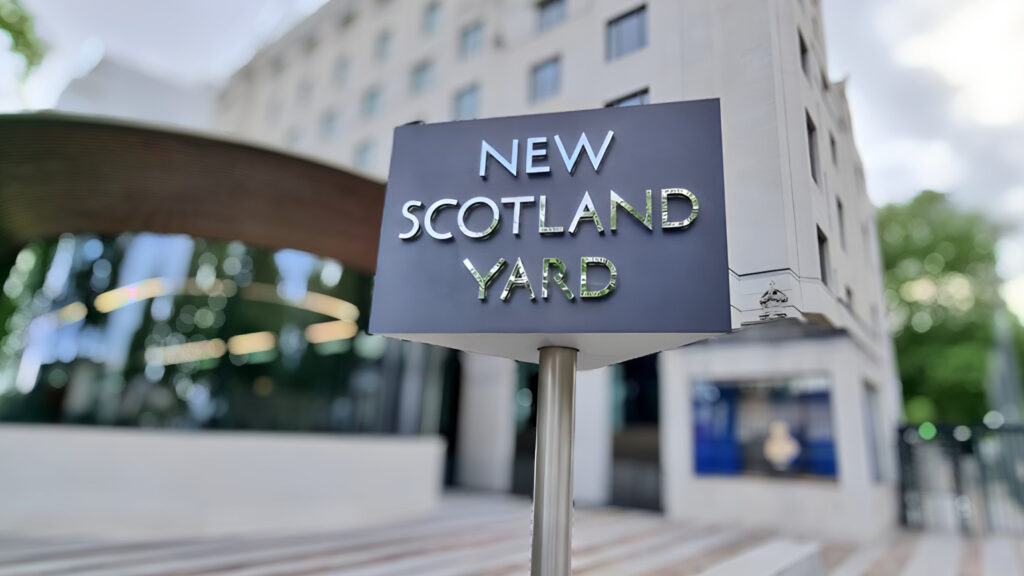Senior counter-terrorism officers say policing assets are being reoriented towards defending democratic establishments and people who symbolize or report on them, because the risk from each extremists and hostile states continues to rise.
At a briefing at New Scotland Yard, Deputy Assistant Commissioner Jon Savell, the Senior Nationwide Coordinator for Shield and Put together, instructed me and different journalists that they’re devoting rising consideration to the “protecting safety of elected officers” and people focused for his or her work within the public sphere. “Defending our elected officers, defending democracy by means of safety of our elected officers, whether or not that’s native councillors by means of to MPs, in addition to these underneath hostile state risk, is a rising piece of labor,” he mentioned.
Savell mentioned the identical method applies to journalists going through intimidation or reprisals linked to overseas states. “That features those that are right here within the UK, who’re actively, largely journalists, reporting on states that don’t like that to occur, and the threats that that usually entails,” he instructed reporters. “We’re working to offer the flexibility for them to have security right here within the UK, and freedom of speech, which is totally very important by way of our democracy.”
His feedback got here as Assistant Commissioner Laurence Taylor, the top of Counter Terrorism Policing, warned that the road between state threats and extremist exercise is more and more blurred. “You’re seeing these kind of felony proxies being utilized by these overseas states,” he mentioned, citing a Russian-backed arson plot in London.
“We’re additionally seeing important will increase in misinformation and disinformation, notably the place you take a look at the context of the atmosphere wherein we function, how that’s making a extra destabilised atmosphere the place extremist views are getting extra traction.”
Taylor mentioned this overlap between political extremism and state interference is fuelling a wider sense of division. “That state risk expands from every thing to bodily threats on the bottom, to espionage and our actual conventional spying by different states,” he mentioned. “Whenever you layer that with people influenced by extremist rhetoric, it creates extra danger.”
Savell outlined how the protective-security portfolio now spans armed policing at airports, Parliament and diplomatic premises, in addition to private safety for public figures. “My specific position is split,” he mentioned. “I’m chargeable for all the armed protecting safety in London’s airports, Parliament, diplomatic premises and specialist safety, but additionally for safeguarding our elected representatives and others in danger.”
He mentioned a lot of the work takes place behind the scenes, involving shut coordination between the House Workplace, MI5 and native forces, alongside intelligence and planning for various types of assault. That features hostile car threats, chemical or organic incidents and cyber-enabled interference. “You’ll be able to’t put a hoop of metal round every thing,” he mentioned. “It’s about vigilance, planning and engagement.”
Taylor added that this deal with democratic security displays a broader precept inside counter-terrorism policing. “Protecting safety is about defending our democracy and making certain that all the rights that folks in our nation get pleasure from are successfully protected,” he mentioned.
Savell echoed that message, describing the position as each protecting and symbolic. “Freedom of speech and the protection of those that train it are very important in sustaining who we’re as a democracy,” he mentioned.

